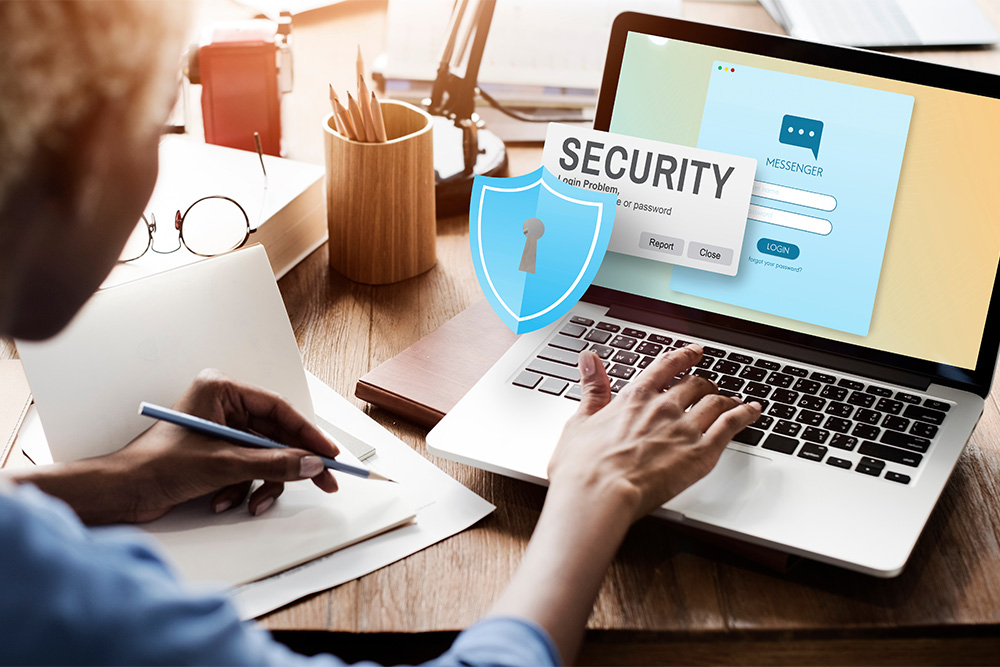DCCU Routing # 251483311
Scams are an unfortunate reality in today’s digital age, but did you know that recognizing common warning signs can go a long way in protecting your online privacy? Many scammers attempt to defraud internet users by pretending to be from a familiar organization – such as the Social Security Administration, Internal Revenue Service (IRS), or even your financial institution. Today on the blog, we’ll examine three ways you can identify scams online.
Promise of a penalty or prize.
Scammers often say that there’s a prize or penalty. They may say that you are in trouble with the government or that you owe money. They may even say that you won a lottery or sweepstakes but are required to first pay a fee in order to collect it.
Pressure to act quickly.
Scammers will also often pressure you to act immediately, and there will likely be an element of urgency to their tone – which may seem manufactured. They may even threaten to arrest you, sue you, or take away your driver’s license.
Payment requested in a specific way.
Scammers may also tell you to pay in a specific way. Often, they will insist you pay by sending money through a payment application (like Cash App, Venmo, etc.), or by requesting the funds on a gift card and then sending the code off the back. Some will even attempt to defraud you through fraudulent checks.
Helpful tips to avoid scams:
• Block unwanted calls and text messages, especially from unfamiliar numbers
• Don’t give personal or financial information in response to a request you didn’t expect
• Resist the urge to act immediately
• Pay attention to how scammers request or demand payment
• Talk with someone you trust about the incident
Because it is easier to prevent a scam than it is to restore what’s been lost to one, it’s important to remain aware of these common warning signs. This way, you’ll be better equipped to protect yourself, your privacy, and your finances. If you believe you have been the victim of a scam, please contact DCCU right away at 800-245-8085. Please visit our Fraud Prevention & Alerts page for more information.
Additional Resources

Five Ways to Protect Yourself Against Identity Theft

Four Ways to Safeguard Your Online Privacy



